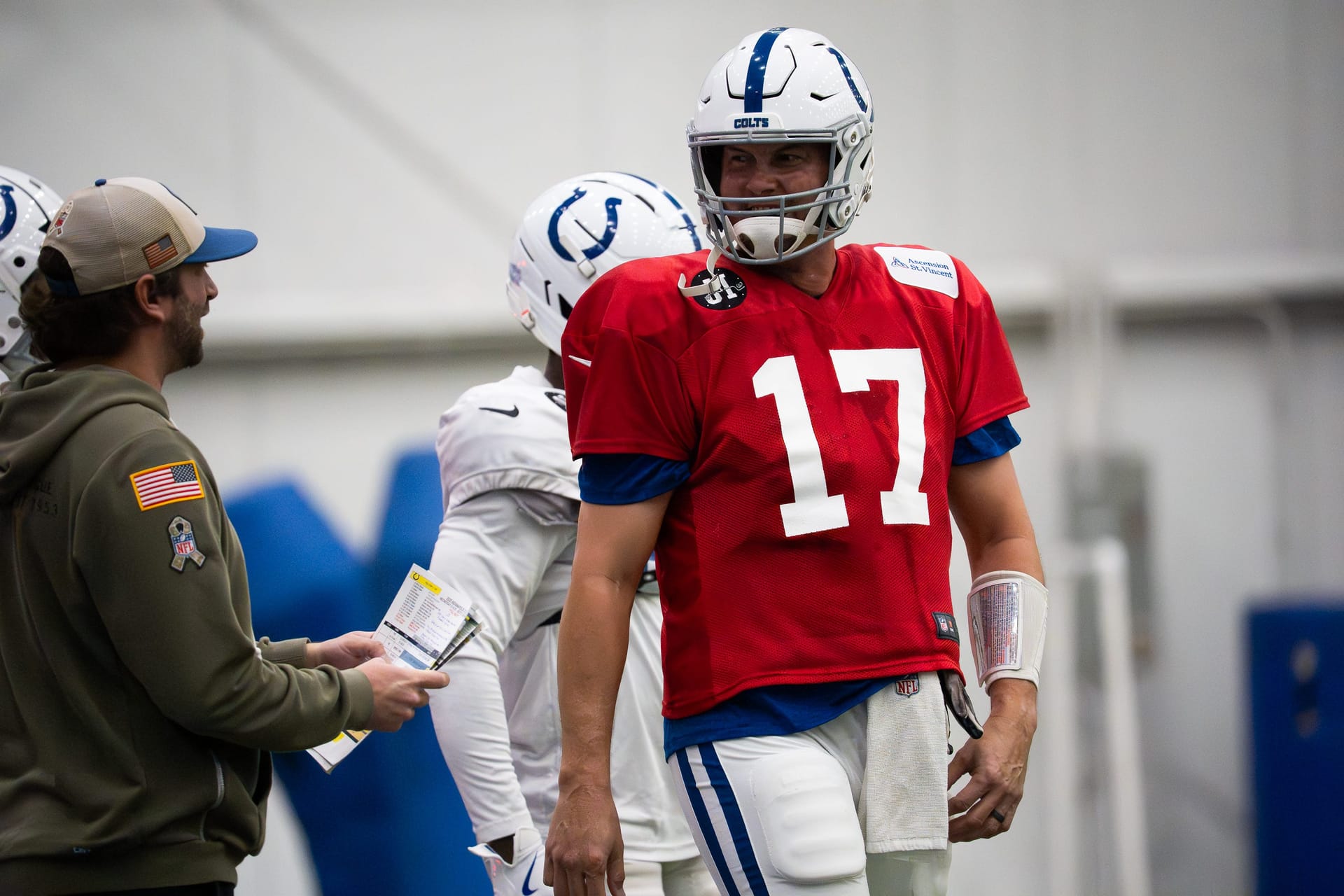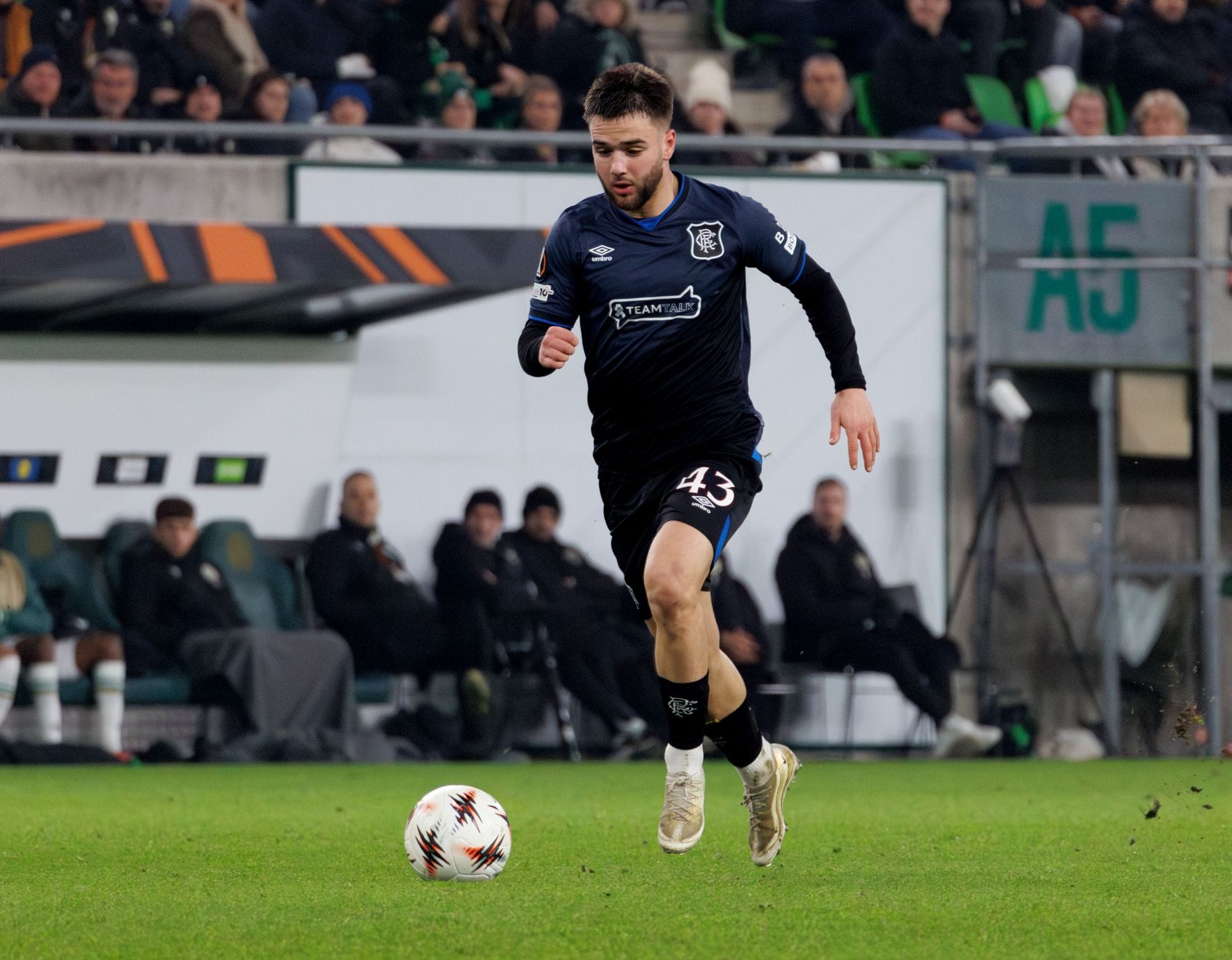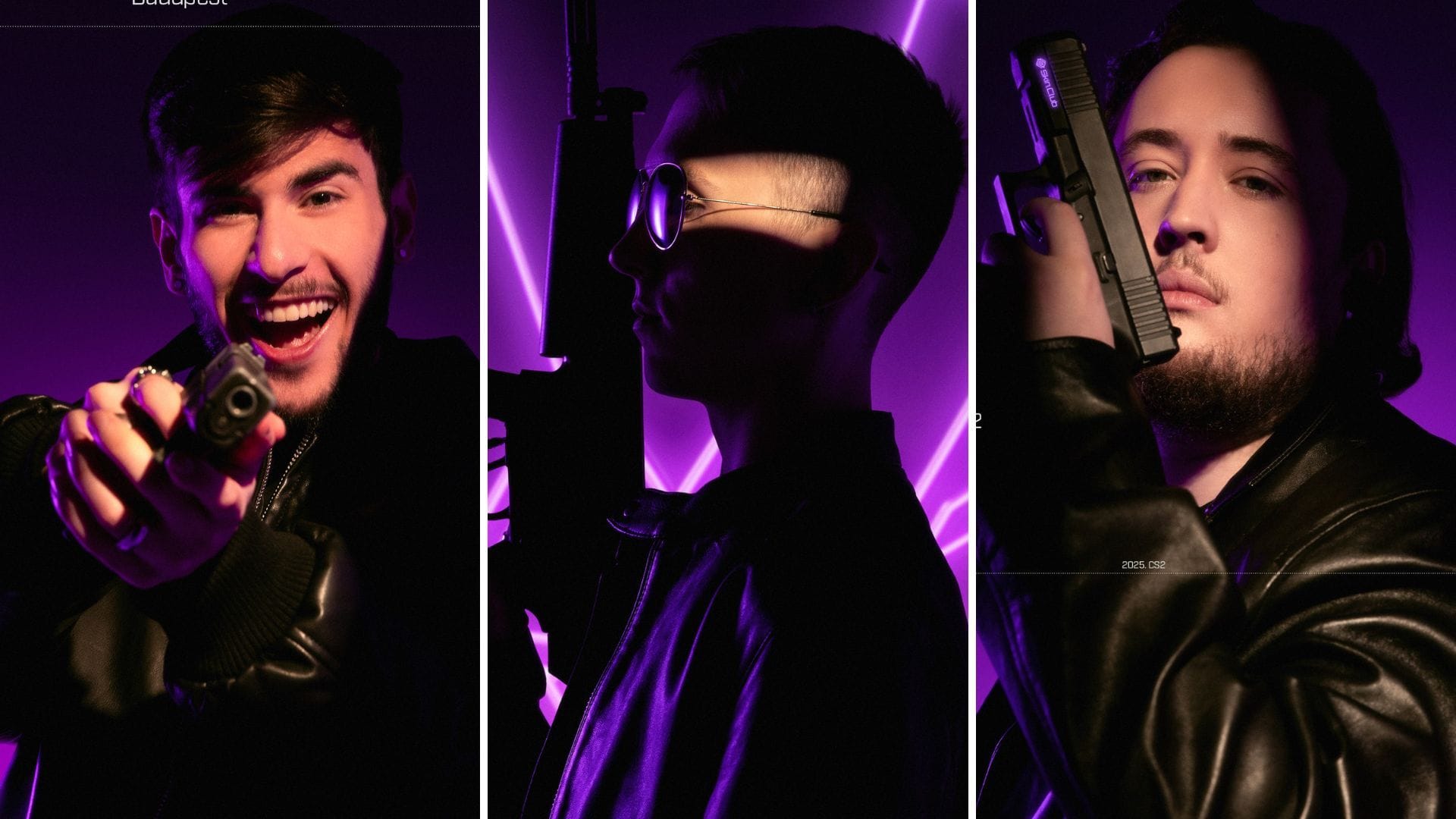Back at the 2005 All-Star Game in Denver, Carmelo Anthony was bummed—he hadn’t been picked to represent his hometown fans. That’s when Allen Iverson’s mom, Ann, quietly stepped in, saying she’d love to see Melo and her son on the same team. A couple of years later, whispers swirled that Denver might finally make Ann’s wish real. Nuggets GM Kiki Vandeweghe pitched Iverson quietly, and although the Sixers initially passed, by December, GM Billy King made him available after Iverson expressed frustration with the new offense. Melo jumped at the chance. As Iverson recalled, “Melo called me when the rumors started last year. He said he wanted it to happen. Then we talked when they started up again. Of all the situations that were brought up, this is the place I most wanted to be.”
Their paths officially crossed in Denver from 2006–2008, and the chemistry was instant. Iverson averaged 25.6 points and 7.1 assists, Melo added 24.8 points and 6.3 rebounds, and the Nuggets’ offense ranked second in the league at 101.5 points per game. But beyond the numbers, their connection was real. AI told Inside Hoops, “First of all, I just look at it as him being a teammate of mine. Whenever you can help a teammate of yours, you try to give a hand, and I would hope that he would do the same for me. I’m older than him. I’ve been where he’s at.”
That bond has grown beyond basketball into family. Last year, Iverson celebrated Kiyan Anthony’s commitment to Syracuse, writing, “Wow! So Proud! @kiyananthony @lala @carmeloanthony,” while Melo reposted it with one simple word: “Family.” From a mother’s wish to sharing the court, mentorship, respect, and brotherhood have defined AI and Melo’s relationship on and off the hardwood.
Carmelo Anthony puts AI in the All-Time Starting Five
When Carmelo Anthony was asked to name his all-time starting five ahead of the Hall of Fame festivities, it was no surprise who he put at shooting guard: Allen Iverson. “Point guard, I got a chance to play with him, Derrick Rose. Shooting guard, I played with AI. Threes, T-Mac. Fours, I would say Garnett. And then at the five, Shaq is Shaq,” Melo said, stacking his lineup with absolute legends. Even in Denver, after being shipped from the Sixers in 2007, AI still put up monster numbers—26.4 points, 7.1 assists, and 3 rebounds per game—proving he could carry a team no matter the jersey.

Allen Iverson was never just good enough to start—he was the definition of a franchise cornerstone. He started 901 of his 914 career games, logging over 41 minutes a night and carrying the Sixers on his back. Averaging 26.7 points per game with four scoring titles, he proved he could score at will while still dishing 6.2 assists and swiping 2.2 steals a night. He had six seasons with over 2,000 points and was a regular in MVP conversations, even winning it in 2001. Add in 11 All-Star selections and seven All-NBA nods, and it’s clear Iverson didn’t just have starter stats—he had superstar stats.
And Melo has always made it clear that AI’s impact went beyond stats. He said, “Cultural awards should be Allen Iverson award. I am actually changing culture, adding to our culture, beginning creative within our culture; it is not a lot of people who are doing it. A.I. was doing it unknowingly; that was the culture because that was the culture at that time.” Imagine the NBA without him — no cornrows, no arm sleeves, no defiant pressers. Thankfully, we got AI: the fearless force who brought hip-hop to the hardwood and made being unapologetically yourself part of the game’s DNA.


 3 months ago
19
3 months ago
19 











 Bengali (Bangladesh) ·
Bengali (Bangladesh) ·  English (United States) ·
English (United States) ·